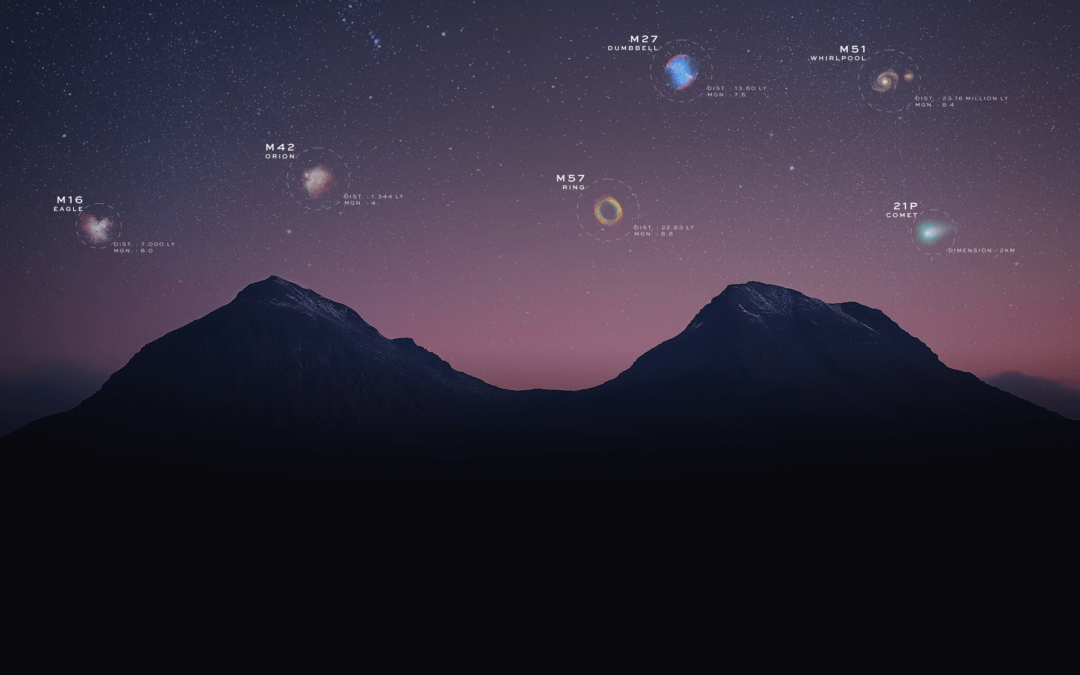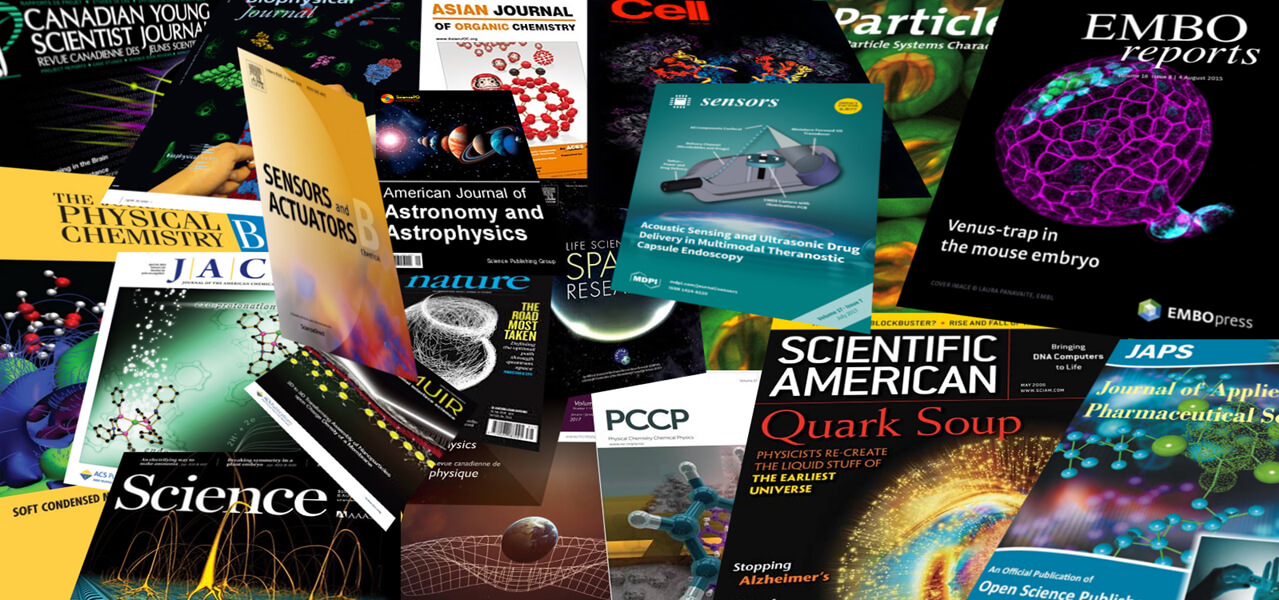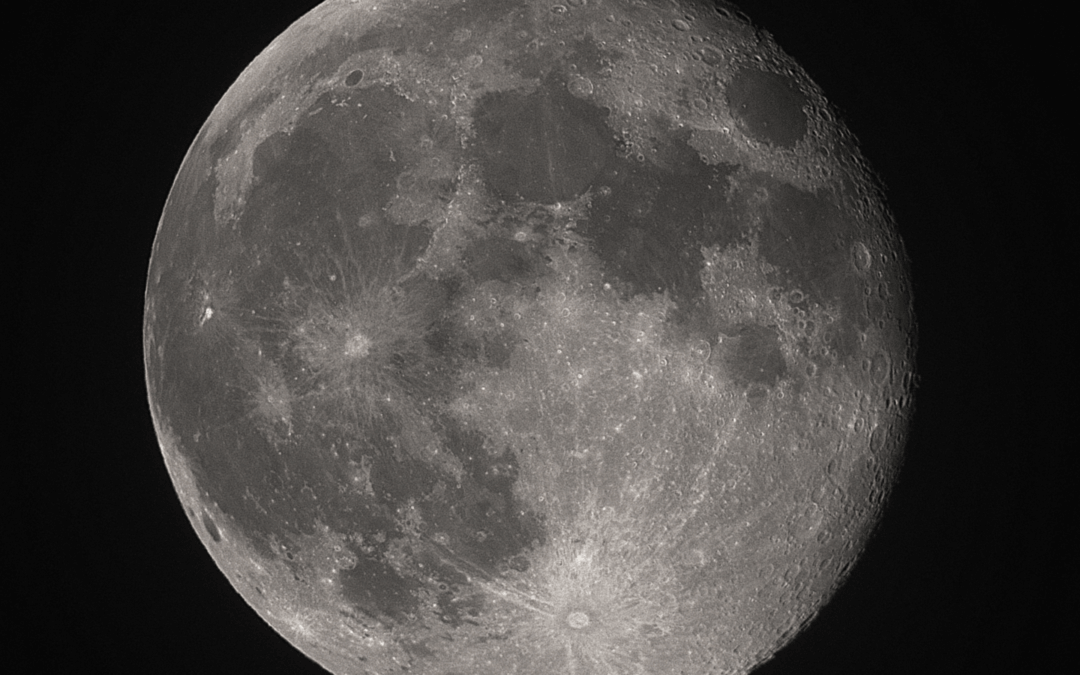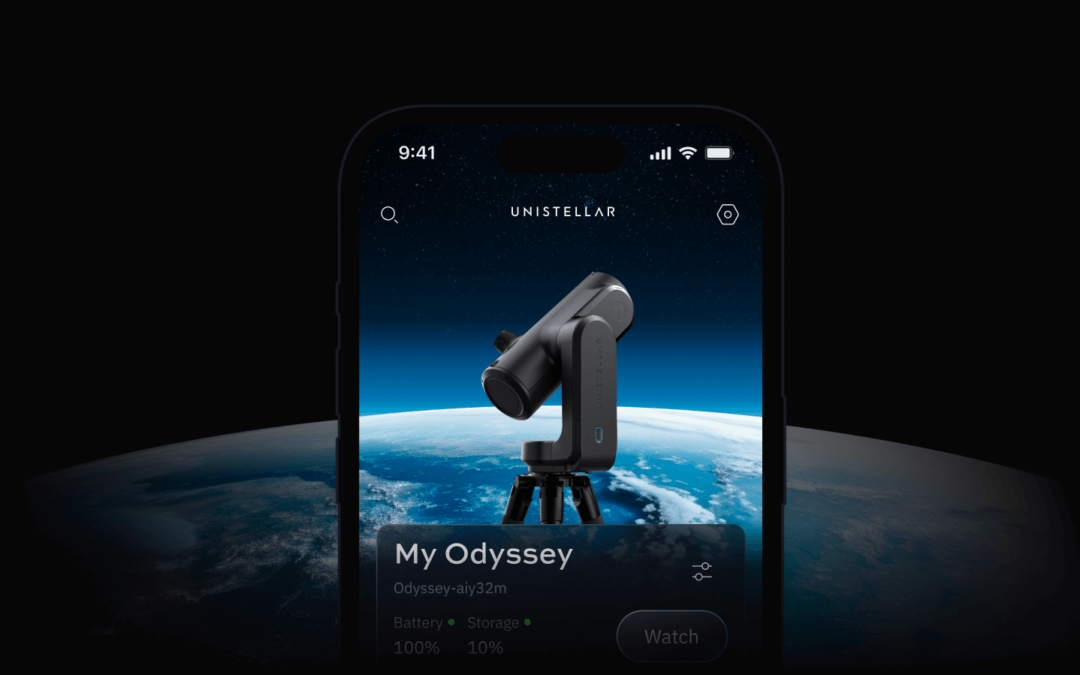San Francisco—February 3, 2022— A pathbreaking study just confirmed something that many parents already suspected: young Americans have a voracious interest in outer space, already know a lot about it, and are eager to learn much more. But while most parents are excited to know that their kids are interested in space, and are eager to encourage that interest, they’re unsure about how to do it.
The study was released today by Unistellar, the pioneer of New Astronomy, whose smart telescopes give space lovers novel tools so they can explore the cosmos in new and exciting ways. The survey queried more than 500 American parents with children ages 7-14.
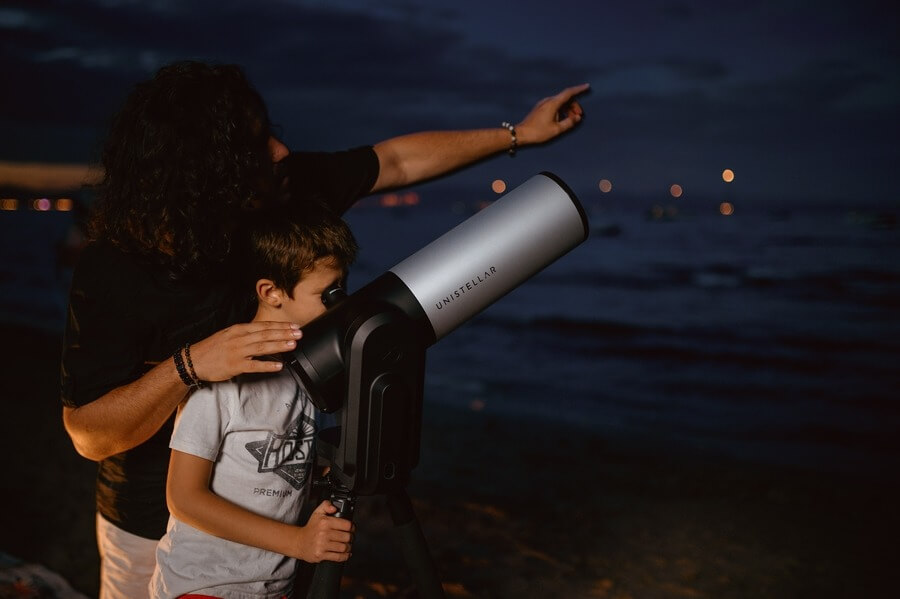
Our kids have their eyes on the skies
According to parents, there are a vast number of young space lovers in the U.S.—93% of American kids are interested in outer space, and 84% became even more interested in the subject over the last year. The numbers tell a dramatic story:
- Virtually all young people (86%) have talked to their parents about space.
- Half (49%) love learning about outer space.
- Almost half (47%) have discussed what is happening in the solar system.
- More than one in three (37%) want a telescope.
- One in four (24%) hope to discover something new in space.
- And an astonishing one in five (21%) want to be astronauts when they grow up.
The number one force driving kids’ interest in outer space is simply looking up at the night sky. Other powerful influencers are learning about space in school, watching movies and TV programs like the recently released Don’t Look Up, and social media.
Parents are eager to nurture this interest, but unsure about how to do it
While parents are thrilled to know that their kids are so interested in space, they are unsure about how to support this interest. The survey’s numbers explain why:
- Almost two-thirds of parents (62%) say their kids know more about space than they do.
- Half (51%) worry that light pollution in their area makes space observation difficult.
- Many parents believe that only astronauts can explore the cosmos and were surprised to learn that many important discoveries are made by ordinary citizen scientists.
- Twelve percent of parents believe that they lack the technical training needed to operate a telescope.
“You don’t have to be an astronaut or a scientist—or even an adult—to be intrigued and fascinated by outer space. A mere glance at the night sky sparks questions,” said Unistellar CEO Laurent Marfisi. “When children look up at night, they are often overwhelmed with curiosity, and it’s our job as adults to nurture that curiosity. At Unistellar, we are proud to make tools that allow each of us to better see, experience and understand space, involving both children and parents in knowledge building.”
Methodology
Unistellar commissioned Wakefield Research to survey 500 nationally representative U.S. parents of children ages 7-14, from September 22-27, 2021, using an email invitation and an online survey. Data was weighted to ensure a reliable and accurate representation of U.S. parents with children in these age groups.
About Unistellar
Unistellar, the pioneer of New Astronomy, is the company behind a new category of telescopes, the eVscopes. The eVscopes are the world’s most powerful and simple-to-operate smart telescopes, which allow them to bring the wonders of the universe to life in seconds—even in light-polluted urban settings. Thanks to partnerships with renowned scientific organizations like the SETI Institute and AAVSO, these game-changing consumer telescopes even allow users to become citizen scientists enabling them to contribute to cutting-edge research on exoplanets, asteroids, comets, and much more.
Unistellar received 2 CES awards: A CES 2022 Innovation Award in the Digital Imaging category for the Unistellar eVscope 2 and a CES Innovation Award in 2018 in the Tech for a Better World category for the Unistellar eVscope.
More than 7,000 digital telescopes are now operating in Europe, Japan, and North America, participating in an unprecedented observing experience.
Media Contact
Bospar PR
Amy Cai
803.767.9690
Further readings
3 Reasons to observe this month
On Jupiter: Imagine moons casting their shadows on a giant planet. Right now, Jupiter’s moons offer an exceptional show: eclipses visible even from urban areas. Each time a moon passes in front of the Sun, it creates a shadow that dances across Jupiter’s surface. Check our dedicated article to catch every passage of Io, Europa, or Ganymede.
Observing Eclipses on Jupiter: Cosmic Spectacles Through a Telescope
The latest Unistellar App Update, version V3.0, is now live. Explore a smooth stargazing experience !
Unistellar Community Included In Multiple Scientific Papers
Did you know Unistellar Citizen Astronomers are often cited in published scientific papers? Find out how you can contribute too!
What Are the Names of All the Full Moons in 2024?
Discover the enchanting names of the full moons in 2024. Delve into the unique character of each lunar spectacle and embrace the allure of the night sky.
New Unistellar App Update: Version 3.0
The latest Unistellar App Update, version V3.0, is now live. Explore a smooth stargazing experience !
What to Observe This November: Open Star Clusters and More
These Halloween deep-sky objects will add some light to those dark, spooky nights. Treats, tricks, and telescopes await!

